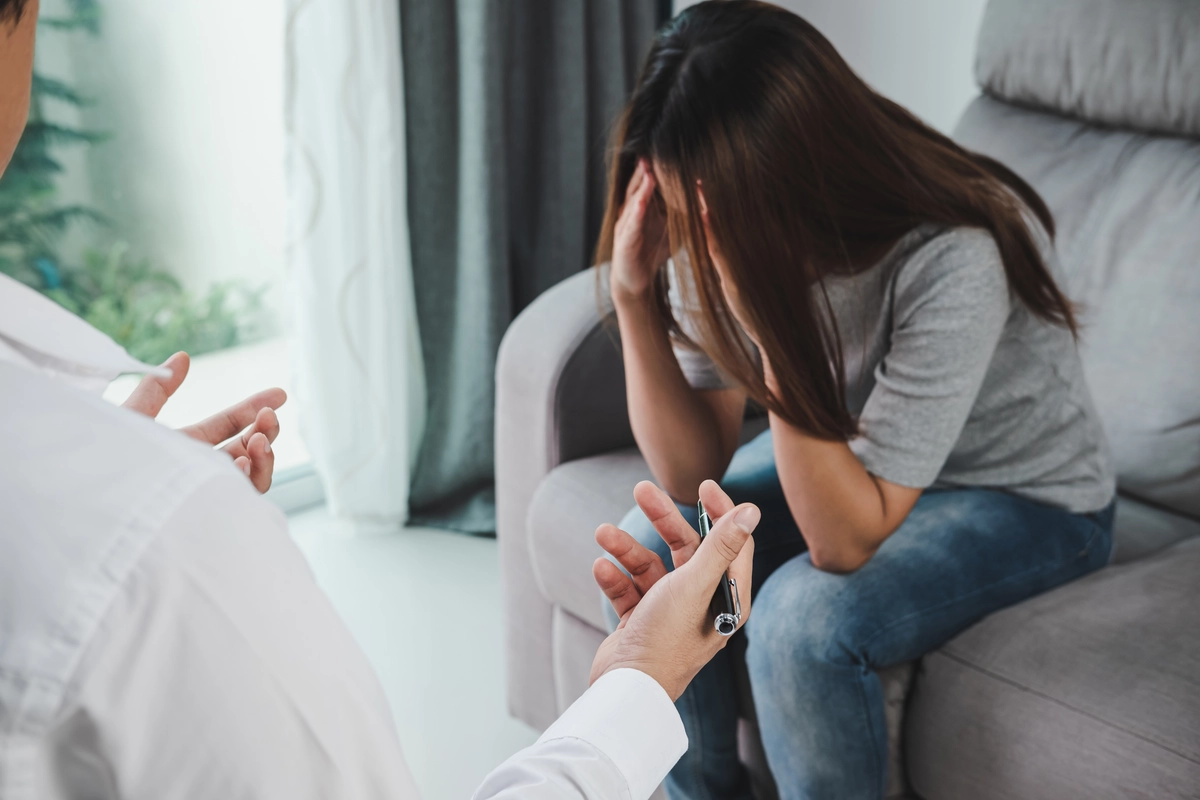24/7 Helpline:
(866) 899-221924/7 Helpline:
(866) 899-2219
Learn more about Group Therapy centers in Myra
Group Therapy in Other Cities

Other Insurance Options

PHCS Network

UMR

Anthem

Amerigroup

Holman Group

Magellan Health

Private insurance

Aetna

AllWell

Absolute Total Care

Excellus

Ambetter

Meritain

WellCare Health Plans

Carleon

American Behavioral

Lucent

Horizon Healthcare Service

BHS | Behavioral Health Systems

MVP Healthcare











